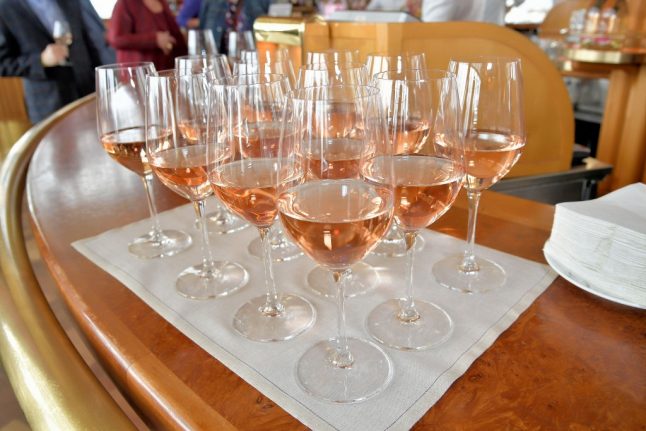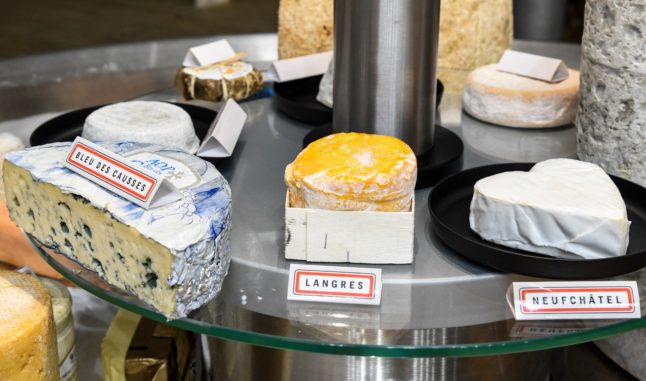French MPs have approved creating a higher level of tax for wines with extra flavouring.
Drinks such as the widely available Rosé Pamplemousse or White Pêche wines are among the vins d'apéritifs that could be taxed at the higher level of €3 per decilter of alcohol, which will add around €1.50 to the cost of a 75cl bottle.
Until now, only flavored beverages with spirits are taxed at a higher rate – €11 per deciliter of alcohol.
According to Audrey Dufeu-Schubert, the MP from the ruling La Republique en Marche party who proposed the amendment, this is a matter of public health. “This is part of risky behaviours against which we need to act”, she argued.
She had initially proposed setting the tax for every kind of alcopop (flavored alcoholic beverages) which are widely drunk by young people. Instead, a softer version of the text was passed setting the tax at €3 per deciliter of alcohol for vins d’apéritifs.
But for the Fédération française des vins d'apéritif (FFVA), this new tax is simply counter productive.
“They are far from matters of public health because the vins d'apéritifs don’t contain much alcohol and are barely consumed by youngsters”, the Fédération noted in a press release.
It cited recent studies led by the Kantar and Nielsen Institute which showed that 80 percent of vins d'apéritif drinkers are aged 35 or above.
This new taxation is scheduled to be discussed at the National Assembly before finally being passed into law.



 Please whitelist us to continue reading.
Please whitelist us to continue reading.
Member comments